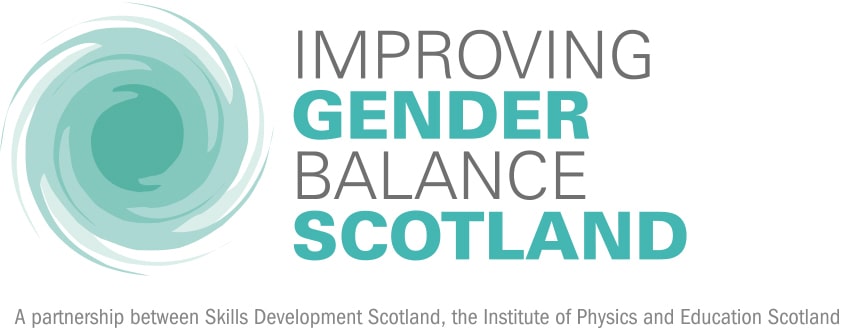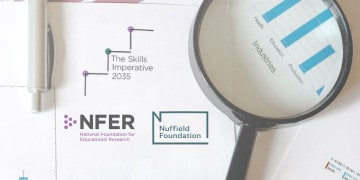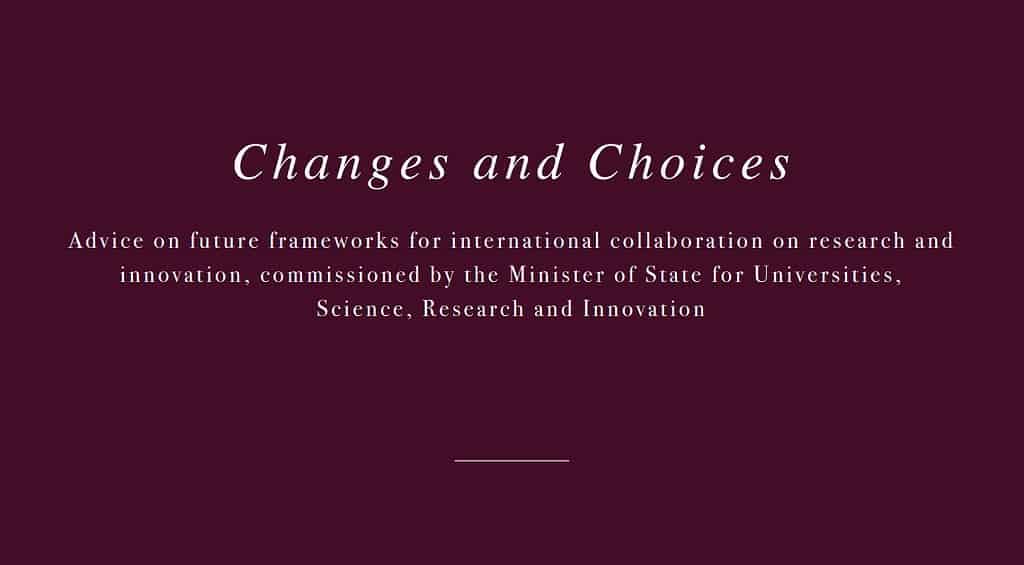Charlotte Govan, at the Institute of Physics, looks at stereotypes, social pressures and subject choices
Gender balance from age 3 – 18
03 Jul 2017

Despite many interventions over the last 30 years to try and encourage more girls to take STEM (science, technology, engineering and mathematics) subjects at school, the fact is that the proportion of females to males in post-16 study has, for this time, remained largely unchanged.
The Institute of Physics has been tackling the subtler reasons why so few girls choose to study physics post 16, in their Improving Gender Balance projects. Their work in England highlighted three focal areas: supporting physics teachers, working on confidence and resilience of girls, and looking at the whole school culture with respect to gender and stereotyping. What the project found was that where all three strands were worked on together, the proportion of girls taking physics increased.

Primary pupils’ answers when asked to name jobs for men (left) and women (right).
Working with young people quickly shows that attitudes towards certain subjects and careers are already deeply ingrained by the time they reach secondary school. Consciously, pupils will tell you that anyone can do anything, but asking them to name jobs for men and women, reveals gendered differences in the numbers and types of jobs they can think of, as illustrated in the word clouds opposite. It is also important to remember that gender stereotyping does not only affect girls. Boys are poorly represented in the expressive arts and modern languages, and we are seeing a gender gap in overall attainment. Could this be being exacerbated by gender stereotypes? According to pupil focus groups it is seen as less acceptable for boys to exhibit stereotypically feminine traits of being hard working and conscientious. What is clear is that gender stereotyping is a wide spread issue, and tackling it in a whole school context can only lead to a widening of choice and experience for young people.
Improving Gender Balance Scotland, which is a partnership between IOP, Skills Development Scotland and Education Scotland, has been working with early years centres, primary and secondary schools, to tackle these issues early on. The three year pilot phase has involved working in six school clusters across the country. With so many different initiatives and projects available to schools, and with research consistently pointing to one-off interventions having little effect on their own, it is crucial that gender equal practice is not seen as additional to regular learning, but something that permeates all aspects of the school environment. The two project officers have therefore focussed on working with the schools to develop strategies that work for each individual centre to ensure that gender equality is embedded across the whole establishment, and most importantly is sustainable.
The IGB Scotland project is now looking at ways in which to expand and roll the learning wider across the whole of Scotland. The project officers will continue providing CPD and training opportunities across the country, as well as continuing work with careers information and guidance staff and a new network of primary science development officers. The team have also created a suite of resources freely available to all practitioners, including action guides for those wishing to tackle gender inequity in their schools and a scheme of lesson plans to begin discussions around gender stereotyping and unconscious bias with secondary aged pupils. Recently the project ran a nation-wide competition asking primary pupils to answer the question “Gender Stereotypes – are they fair?”. With over 170 entries from around the country, it is clear that this is an issue that even young pupils are willing and able to tackle.
The lack of women in the STEM workforce is not something that can be tackled overnight. However by educating young people about the potential unconscious barriers that may be affecting them, we hope to create a new generation who are fully aware of their own capabilities and the opportunities open to them.
Related articles

The Physiological Society’s policy team on the health challenges facing older workers and the urgent need to develop a strategy to ensure older people are happy and healthy at work.

Jo Reynolds, Director of Science and Communities at the Royal Society of Chemistry, on the RSC’s new summary report looking to unlock the potential of deep tech SMEs.

Lisa Morrison Coulthard, Research Director at the National Foundation for Education Research, on the Nuffield Foundation funded five year research programme providing insights into the essential employment skills needed for the future workforce

Sir Adrian Smith, Institute Director and Chief Executive of The Alan Turing Institute, and Graeme Reid, Professor of Science and Research Policy at UCL, set out the findings from their new independent report on international partnership opportunities for UK research and innovation